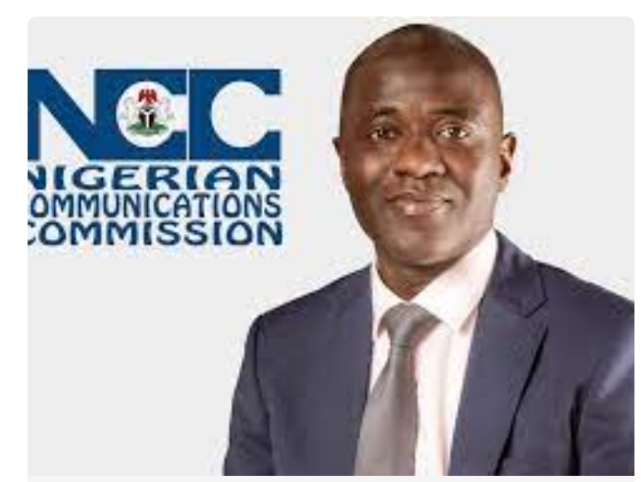
Under the leadership of Dr. Aminu Maida, the Nigerian telecom industry is undergoing a pivotal transformation that is laying the foundation for a more mature, efficient, and digitally-driven sector. Dr. Maida’s tenure as the Executive Vice Chairman (EVC) of the Nigerian Communications Commission (NCC) marks a shift from rapid infrastructure development to a strategic focus on compliance, governance, and digitalization. His leadership contrasts with that of his predecessor, Professor Umar Garba Danbatta, whose tenure was primarily defined by significant infrastructure expansion, including the successful rollout of the National Broadband Plan and a notable surge in mobile subscriptions.
While Danbatta’s efforts played a crucial role in expanding the telecom landscape, Maida’s approach has been to refine and build on these accomplishments, steering the industry toward a more sustainable and regulated future. A key focus of Dr. Maida’s strategy is improving regulatory frameworks. His push to designate telecom infrastructure as critical national infrastructure and advocate for the reduction of right-of-way fees—previously a significant bottleneck under Danbatta’s tenure—has been widely praised as a forward-thinking move to ease operational challenges.
Under Dr Maida’s leadership, the sector has experienced growth, with its contribution to the nation’s GDP reaching 14.58% by mid-2024 with a slight increase from 14.13% in 2023 under Professor Danbatta. This upward shift highlights the continued expansion of the sector, driven by Maida’s focus on digital transformation and modernizing infrastructure. While both leaders have significantly advanced the telecom industry, Maida’s leadership focus on improving operational efficiency and advancing the digital landscape.
Moreover, Maida has placed a strong emphasis on digitalizing the NCC’s operations. With initiatives such as the License Application Management System, he is working to streamline processes, ensuring greater efficiency in regulatory functions. These steps are expected to enhance transparency, speed up industry approvals, and facilitate smoother interactions between telecom operators and the regulatory body, benefiting consumers and businesses alike.
In a sector marked by inefficiencies, Maida’s leadership also extends to tackling long-standing issues like telecom infrastructure vandalism, which continues to cost the industry billions annually. Unlike previous approaches, Maida’s administration has advocated for increased collaboration among industry stakeholders—regulators, operators, and government agencies—to address these challenges. His push for greater stakeholder engagement presents a fresh avenue for solving the infrastructural damage that has plagued the sector for years.
Looking ahead, Dr. Maida’s strategy seeks to guide the industry through a phase of maturity. The goal is to not just expand but to enhance the quality of telecom services, improve customer satisfaction, and foster an ecosystem that prioritizes both operational efficiency and consumer protection. While Danbatta’s tenure laid a strong foundation for infrastructure growth, it is under Dr. Maida’s leadership that the industry is expected to achieve long-term stability through effective governance and a more collaborative regulatory approach.
Both administrations have made invaluable contributions to the Nigerian telecom sector, but Maida’s tenure seems poised to consolidate these gains, refine existing policies, and position the industry for a future defined by both growth and resilience. His leadership, focused on sustainability and digital innovation, promises to usher in a new era for Nigeria’s telecom landscape, one that balances expansion with operational excellence and consumer welfare.



